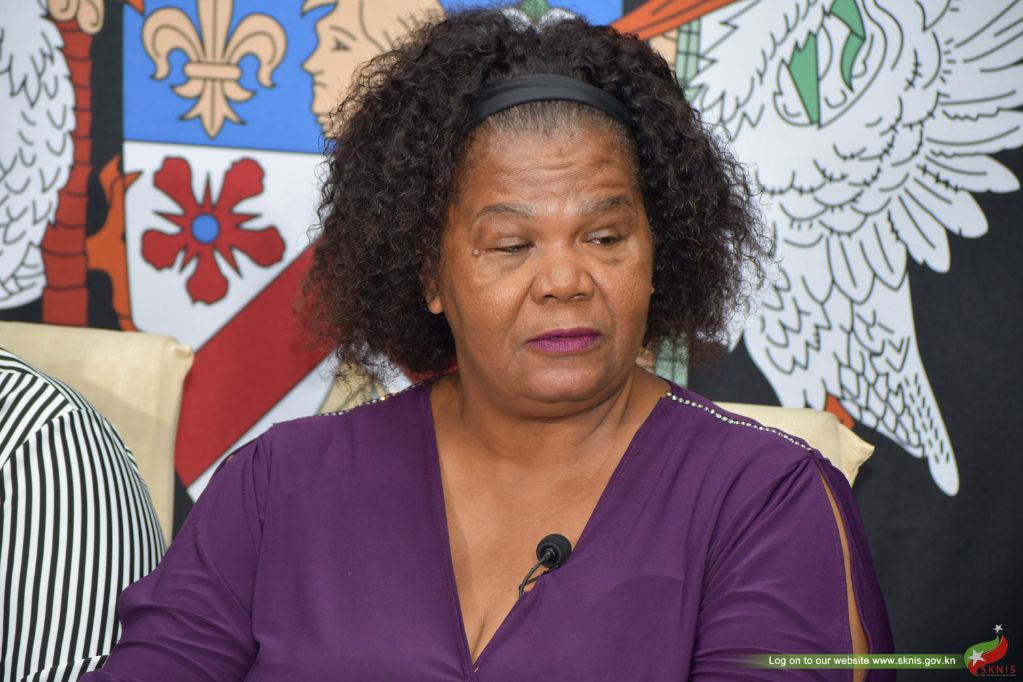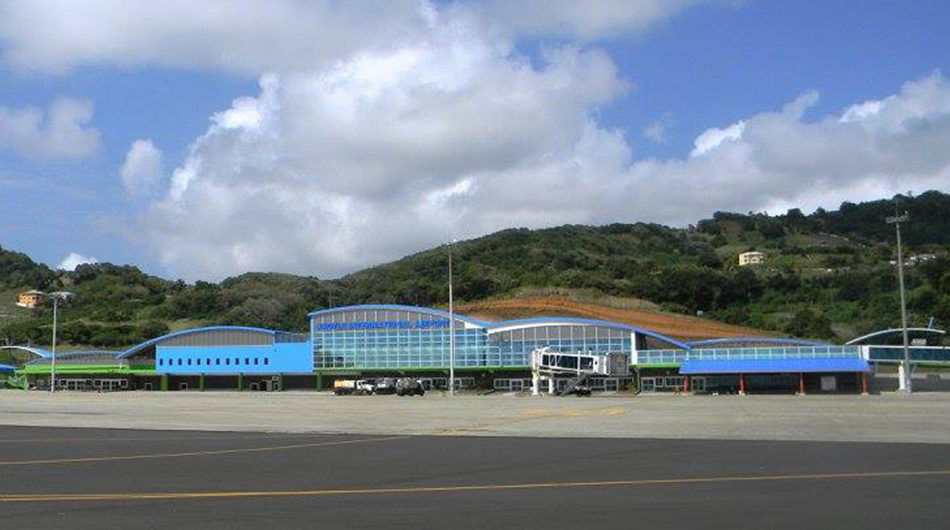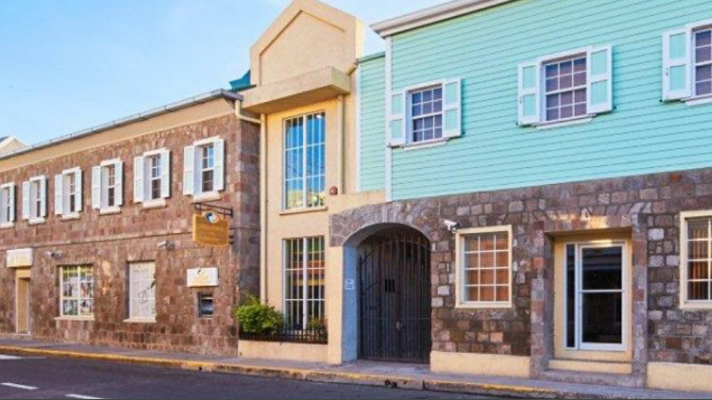Basseterre, St. Kitts, February 13, 2025 (SKNIS): Communities in the villages of Cayon, Keys, Canada Estate, and Ottley’s will be in the spotlight over the next few months as a sensitization project on the ongoing campaign to reduce and eliminate plastic pollution is implemented.
The project is called the Sensitisation on the Elimination of Single-Use Plastics in the St. Mary’s Biosphere Reserve. The reserve is a protected designated area as it serves as an important site for biological diversity, comprising cloud forests, mangroves and coral reefs. The UNESCO-funded project is being implemented by the National Man and the Biosphere (MAB) Committee.
Telca Wallace, National Coordinator of the St. Mary’s Biosphere Reserve, noted that the project was written in 2022, before the present administration implemented a phased approach to banning single-use plastics. Since the ban is now in effect, the project will help guide the national transition from single-use plastics. The first activity is a survey that will be implemented over the next two weeks.
“The survey will speak to how people feel about the ban, how do they perceive plastics, what they are doing within the household to address the ban on plastics, and as a community, what positives do you see coming out of the ban?” Mrs. Wallace stated, on the February 12, 2025, edition of Infocus.
Opportunities for small businesses and individuals to create and sell alternatives to plastics such as cloth bag production, will also be included in the survey. The survey begins on February 19 and is scheduled to run for two weeks.
Another key activity in the project, which runs up to September 2025, includes a national consultation with stakeholders. The information from the survey will be shared and strategies discussed.
Mrs. Wallace called on residents to participate fully in the sensitisation campaign under the moniker “KABbing the MAB.” KAB stands for Knowledge, Attitudes and Behaviours.
“This is a way for us to do a measurement of where we are,” the national coordinator stated. “When this information comes back and it is analyzed … we can send it to Paris (UNESCO Headquarters), we can send it everywhere.”
The information will also help local authorities to embrace best practices that will help the transition away from single-use plastics. This is particularly important as March 31, 2025, will welcome a ban on the sale and distribution of plastic t-shirt bags. This will be followed by a ban on importing styrofoam food containers and plastic straws by April 30, 2025, and their sale and distribution by July 31, 2025.
The ban will extend to the importation of single-use plastic cups, plates, and utensils by August 31, 2025, with these items no longer being sold or distributed by November 30, 2025.
-30-









